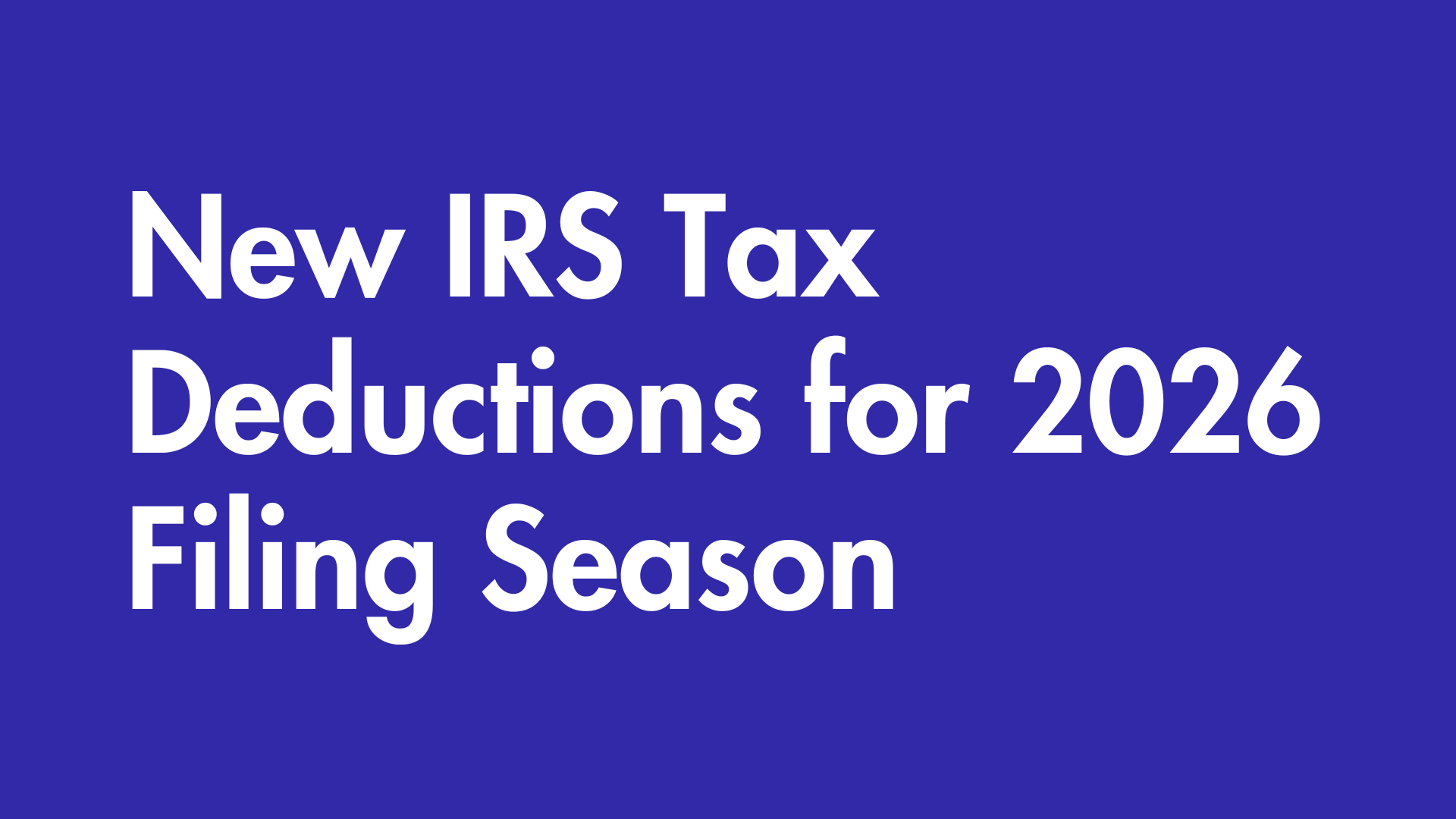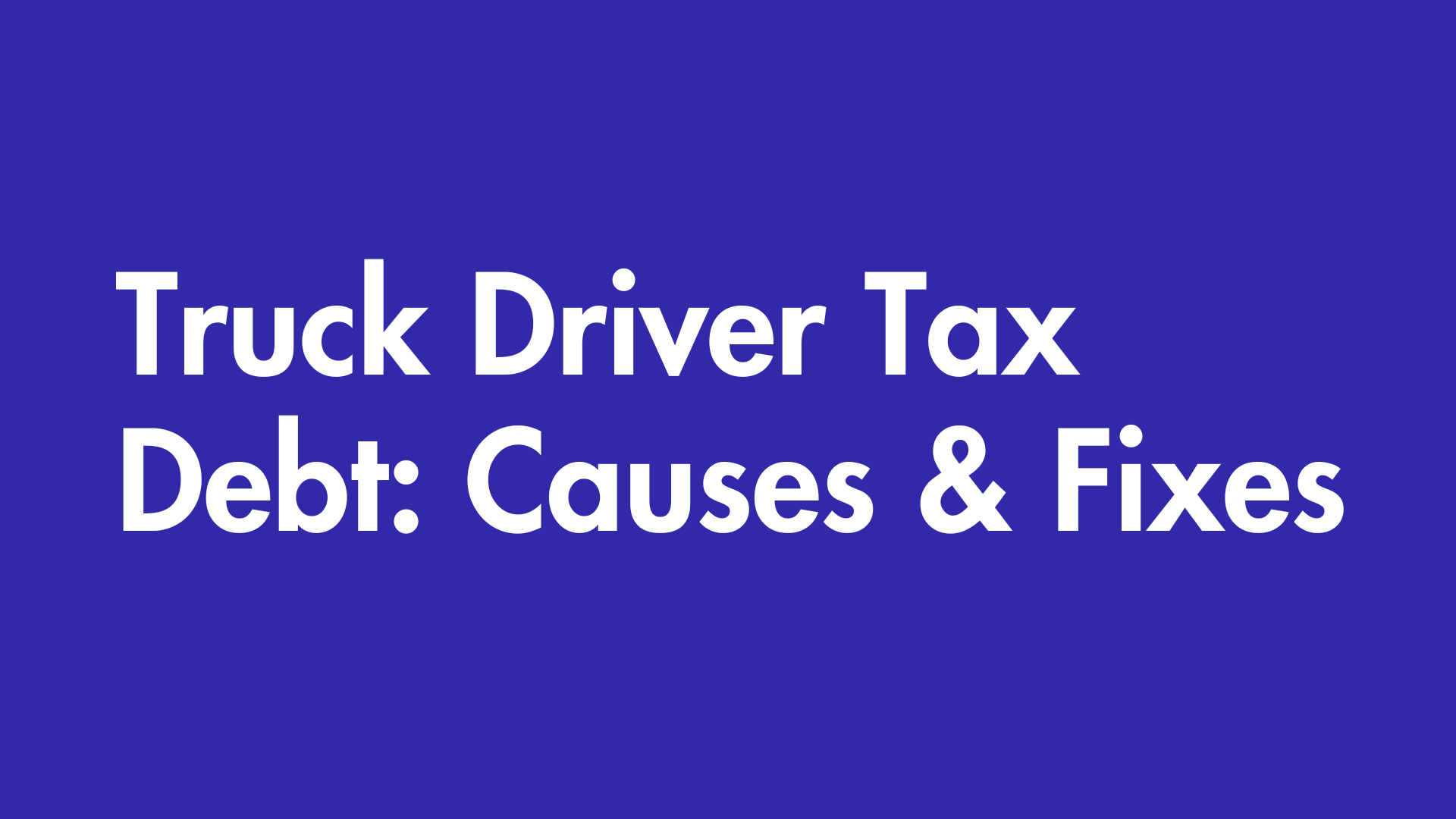Can You Deduct Medical Expenses on Your Taxes?
Chad Dickinson • February 12, 2025
Here’s What You Need to Know!
Want to save money on your taxes? If you’ve had significant out-of-pocket medical expenses, you may be eligible for a tax deduction—but only if you meet specific IRS requirements.
In this guide, we’ll break down which medical expenses qualify for deductions, what doesn’t, and how to properly claim them on your tax return.
Watch the video below for a quick explanation:
Who Can Deduct Medical Expenses?
The IRS allows you to deduct unreimbursed medical expenses if they exceed 7.5% of your Adjusted Gross Income (AGI).
For example:
- If your AGI is $100,000, only medical expenses over $7,500 are deductible.
If you don’t reach this threshold, it won’t benefit you to claim medical expenses on your tax return.
What Medical Expenses Are Deductible?
The IRS permits deductions for a wide range of necessary medical expenses, including:
- Preventative care, treatments, and surgeries
- Prescription medications
- Mental health services (therapy, psychiatric care, etc.)
- Dental & vision expenses (glasses, contacts, hearing aids, etc.)
- Long-term care & caregiving costs
- Medical-related travel expenses (mileage, lodging, etc.)
What Medical Expenses Are NOT Deductible?
Some common medical expenses do not qualify, including:
- Expenses covered by insurance, FSA, or HSA
- Cosmetic procedures (unless medically necessary)
- Non-prescription drugs (except insulin)
General health expenses (toothpaste, gym memberships, diet foods)
How to Track Your Medical Expenses for Tax Deductions
Staying organized is key! Follow these steps to maximize your deductions:
- Keep a folder for all out-of-pocket medical receipts.
- Track your payments throughout the year to monitor your total expenses.
- Review your year-end total to see if you exceed the 7.5% AGI threshold.
Need Help with Your Taxes?
Navigating tax deductions can be complicated, but you don’t have to do it alone! At Arch Tax, we specialize in helping individuals and businesses maximize their tax savings.








